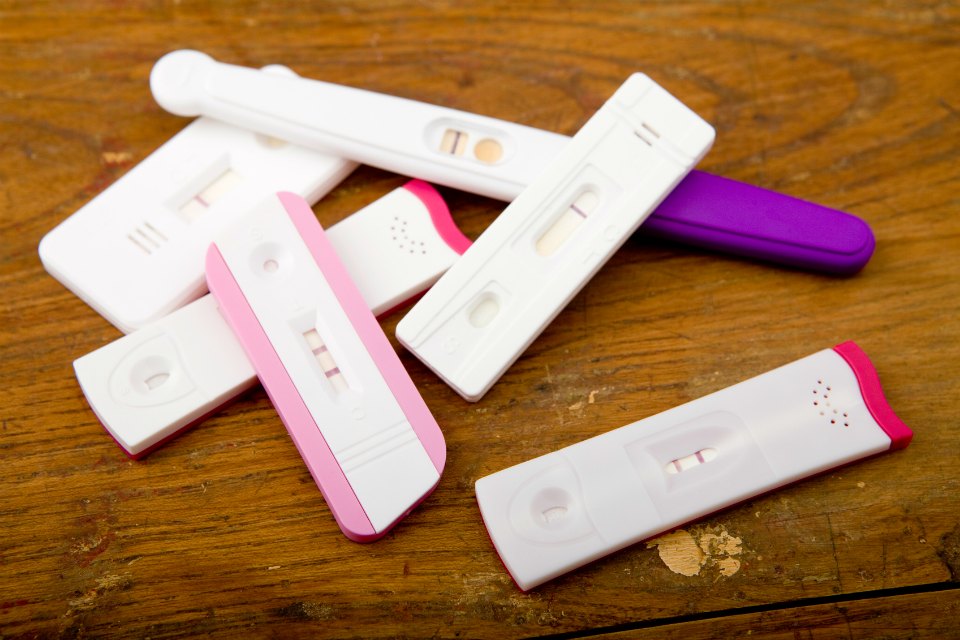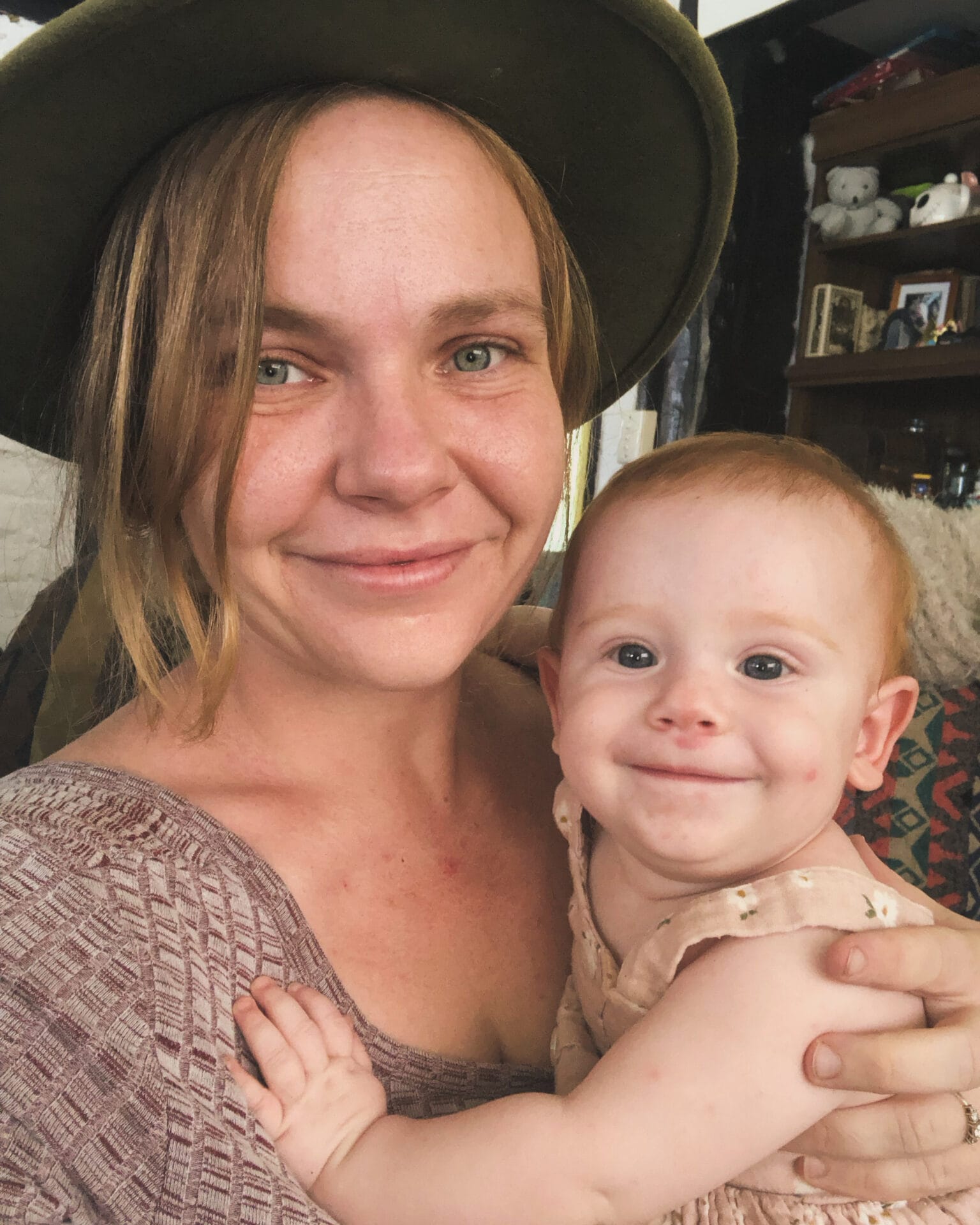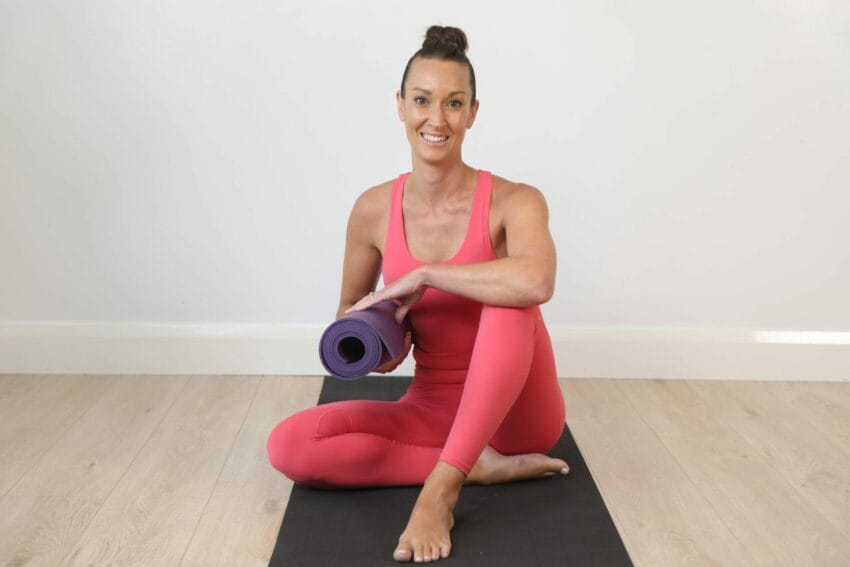Everything You Need to Know About Trying to Conceive
It sounds simple in theory. Have sex, make baby.
But conceiving is not always that straight forward. It can be a heartbreaking, gut-wrenching, frustrating experience for both you and your partner. And while we cannot tell you exactly why you may be having trouble falling pregnant, we hope these facts about trying to conceive will help.

Baby Making 101
First things first. Let’s get your body ready to grow a baby. Here’s a simple checklist of what you need to do first.

Preparing for Pregnancy
- Visit your doctor for a preconception appointment (or to simply make sure you’re in general good health). Check that your vaccinations are up to date, that you are not due for a PAP Smear, that you are physically ready for what’s to come.
- If you are on any medication, you and your doctor will need to discuss what to do about this. You may want to wean off before getting pregnant. In other cases it’s best for you and the baby to remain on the medication during pregnancy.
- Give up the unhealthy foods including processed foods, sugars and starches. Read our guide on how to quit sugar.
- Stop taking birth control. If you are using an IUD or Mirena, then you will need to make an appointment to have this removed. It’s a good idea to allow for one normal period before trying to conceive just to get your body back on track.
- Stop those unhealthy habits – drinking and smoking especially. There is no better reason to stop drinking than for the sake of your baby.
- Consider taking supplements such as a prenatal vitamin or a supplement with folic acid.
For some, the decision to start a family was not planned and could come as a massive shock. You haven’t been to the doctor. You haven’t started multi-vitamin pills. You haven’t even limited your intake of caffeine. It’s okay. This checklist is not mandatory and odds are, bub will be perfectly fine even if you had a few drinks before you tested positive for pregnancy.
It’s All About the Ovulation

There is a big difference between having sex and trying to conceive. Sure, the two go hand in hand and sometimes you manage to conceive without even trying. But, when putting in a valid effort to make a baby, it’s all about timing.
Tracking your ovulation can help.
Ovulation occurs when a mature egg is released from one of your ovaries and pushed down the fallopian tube in order to become available for fertilisation. Most women ovulate every month, around the 14th day of their cycle (if you have a 28-day cycle). Some women have longer cycles, some have shorter and some do not ovulate every month, making the whole TTC thing a little more confusing.
So when’s the best time to have sex? Day 11 to 14 of your cycle. This is the lead up to ovulation and provides the best chance that the sperm will meet the egg. But having sex throughout the month certainly isn’t going to hurt.
Try different positions too (and check out our five sex tips for TTC). Reverse cowgirl, doggie style and spoon sex are all meant to be good ‘baby making’ positions. Hey, you can’t argue with science.
TTC and No Luck – Now What?
If you’ve been trying to conceive for twelve months with no luck, make an appointment with your doctor. He or she can help you decide what to do next. But here are a few of your options:
Surgery
One of the things that your doctor will check is that your baby making gear is all in good working order. Conditions such as PCOS (enlarged ovaries with small cysts), endometriosis (tissue normally lining the uterus grows outside the uterus), and fibroids (growths in the uterus) can cause complications with fertility. Surgery may be able to assist with these problems.
Drugs
There are a few medications that may help when trying to conceive but your doctor will be able to determine what is right for you. Clomiphene citrate, metformin, bromocriptine and recombinant FSH injections such as Gonal F or Puregone can all be used to help with ovulation problems.
There are also over-the-counter remedies such as Elevit, Cod Liver Oil and vitamins that may or may not help boost your chances.
Herbal supplements that have been suggested to help when trying to conceive include Red Raspberry Leaf, Nettle Leaf, Dandelion, Alfalfa, Red Clover and Maca.
In-Vitro Fertilisation (IVF)

About 35,000 women per year in Australia and New Zealand opt for IVF. It is the most expensive but also the most effective fertility treatment. IVF is done with ICSI (intracytoplasmic sperm injection), which enables embryologists to select individual sperm to be injected into the egg. Each round of IVF takes roughly four to six weeks, and, unfortunately, like the regular method of trying to conceive, it can lead to a negative pregnancy test at the end of the round and more frustration, heartbreak and anger.
Complementary and alternative medicine (CAM)
Acupuncture and yoga have both been suggested as a more natural way to help conceive. Acupuncture can help increase pelvic blood flow, sperm count and egg quality for women. Yoga can help build positive energy, relieve stress and hopefully increase blood flow.
Remember, you’re not alone.

When it comes to falling pregnant naturally, the odds are actually not in our favour. One in six couples has difficulty conceiving. A recent study suggests that a 25-year-old has only an 18 per cent chance of falling pregnant in the first three months of trying. For a 40-year-old woman, this number decreases to 7 per cent.
So if you are having trouble, remember that there are countless other couples who are going through the same thing. Find a support group; keep the line of communication open with your partner who is probably feeling just as alone and frustrated; and stay positive. While making a baby is a natural thing, it’s doesn’t always happen naturally.
Good luck!









